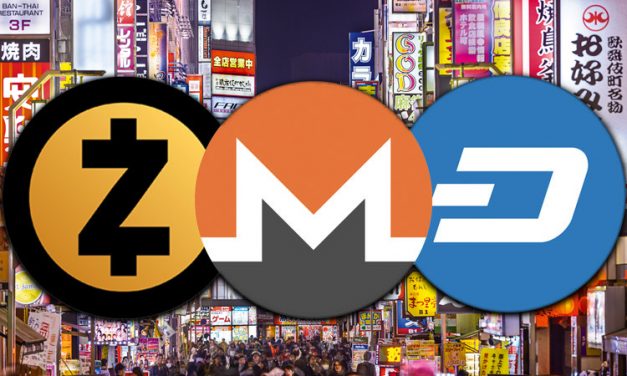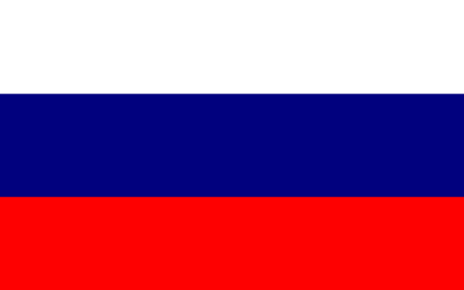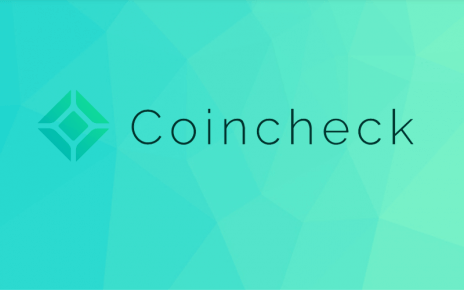The Financial Services Commission of Japan (FSC) is trying to make the cryptocurrency exchanges in the country stop working with Monero, DASH and Zcash, three cryptocurrencies focused on privacy and often used by criminals. According to the FSC, these cryptocurrencies favor the criminals.
According to Forbes, sources close to the FSC assure the entity is taking measures to discourage the use of the altcoins that have become attractive mechanisms for the cybercriminals or money laundering. This is because the complexity or impossibility to identify the participants in a transaction performed with private cryptocurrencies, such as Monero (XMR).
The stance of the Japanese government is in line with the investigation conducted by Europol and the London Police last february. The investigation established that the anonymity of Monero, DASH and Zcash was ideal for money laundering operations, because these cryptocurrencies are able to mask the information about the real user in the transactions.
It is important to know that the blockchain networks of the private cryptocurrencies, such as the three mentioned ones, make it practically impossible to identify the sender or receiver of the funds managed through these blockchain networks. According to Europol, this provides the users with high levels of privacy, but also makes these cryptocurrencies attractive for performing quick and anonymous payments for purchasing illegal weapons, drug trafficking, money laundering, financing of terrorism and even tax evasion. The growing number of cybercriminals that use these private cryptocurrencies as a method of payment for ransom money after ransomware attack should be added to the aforementioned perspective.
The use of private cryptocurrencies for illicit activities has negative effects for the entire ecosystem, mainly for the cryptocurrency exchanges operating on an international level. If a certain country believes that digital currencies allow illicit activities, the cryptocurrency exchange platforms regulated by the law should follow the rules of the financial regulators and possibly eliminate these altcoins.
An example of this would be Coincheck, a cryptocurrency exchange from Japan that, since March this year, is no longer trading with DASH, Monero and Zcash because these cryptocurrencies are hard to track. This measure was taken in order to achieve higher levels of security after the hacker attack on the platform in January and the subsequent investigation conducted by the Financial Services Commission of Japan.
The use of cryptocurrencies for financing illicit activities is a problem that the regulatory initiatives are facing at the moment. Six year ago it was Bitcoin and the SilkRoad, now the problem is with Monero, DASH and Zcash.
Just like before, the measures could be limited to the cryptocurrencies used as a payment tool by the criminals, but this is not the main problem, especially if we know that the fiduciary money promoted by the traditional banking is also used for illegal activities.



